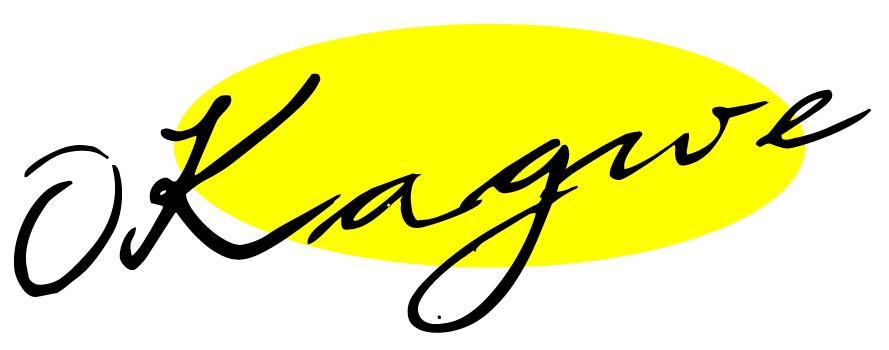About a week ago, I asked the following question on my WhatsApp status: Are human beings inherently good or are they inherently evil?
The responses I got had me concerned.
Someone said “Inherently Evil! No good exists in us.” They went on to quote me a verse from Genesis 8:21, where the Lord said, “the imagination of man’s heart is evil from his youth…” And I understand why one would take this view. There seems to be so much chaos everywhere. And human beings seem to be at the centre of it (both as authors and as the audience).
But then I ask myself, if this is the outlook, then doesn’t contribute to the problem? By thinking that everyone is evil, does it not contribute to we being evil?
You will absolutely love this one.
I have not written this blog post because I know the answer to all these questions. I don’t. But I choose to be of the view that human beings are inherently good. That we do not endeavour to cause harm and destruction. I think harm and destruction come when in the pursuit of our interests, we collide and fail to have a conversation that allows us to reach a reasonable arrangement.
If we are inherently evil, why then do we say that “every human being is valuable?” Is there value in causing harm? I am convinced that we are all born with a certain intrinsic value. And by value I do not mean the unexplainable worth attached to life – I mean the worth extended by human beings to the world because of the things that they do (your contribution to the world is your value).
So if we are all worth something, it means that we also have a certain unwritten responsibility to exploit this worth. To make use of it. It is like money – what’s the point of having money if you don’t use it to make your life better. And because we live amongst other people (community), the benefits of exploiting our value do not only remain with us. They extend to the rest of the community. For instance, when you spend your money, you give it to someone else in exchange for something that they have that you want. They too exchange something that they have for something that they don’t. So we trade value. Doctors to treat the sick, the sick give doctors the opportunity to exercise their practice of being doctors and some money for their service. Teachers teach, learners give teachers the opportunity to put their skills into use and some money for it.
Enda hivo alafu ukam, ju hii utapenda.
When we utilise our value, we not only improve our lives, but we also make the things around us better than we found them. We become useful. The value of human beings has caused the world to be a better place than it was two thousand years ago (albeit the evolving challenges). Our endeavour to keep being useful to ourselves and to the people around us gives meaning to our lives. It gives us purpose.
I think that people who are struggling with finding means of being useful are the ones who are evil. They harbour frustrations, resentment (at themselves and others), envy, anger and other bad feelings. And these feelings manifest in their actions.
If you strive to always be useful, I am convinced that you will spend little time pursuing evil.



Interesting!!?? I hope the one who mentioned to you that we inherit sin /evil, was kind enough not to end there because, ‘Romans 5:17’ has good news!!! It shows us how to come out of that predicament. You just get born again and you receive the nature of God to be righteous and you are able to do good.